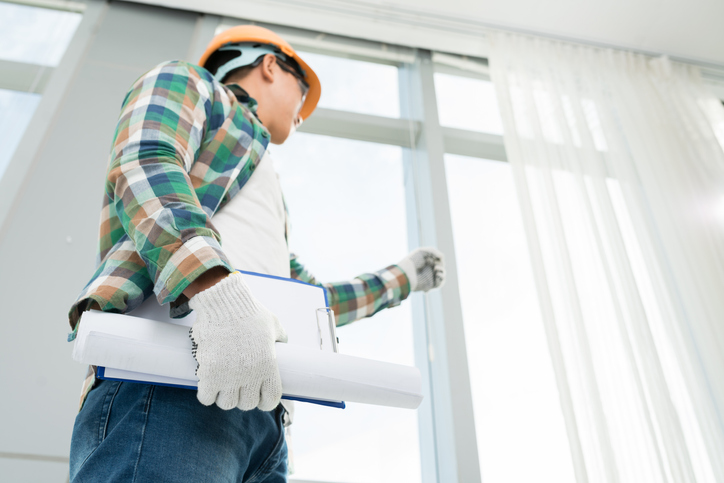
Buying a home is one of the biggest financial decisions you will make. That’s why you’ll want to learn as much as you can about what you’re getting yourself into and protect your investment before taking the plunge. This is where a home inspection comes in. Home inspections look into the condition of the home and provide you with critical information that can affect your decision to buy.
Here’s what you and your home inspector should look out for:
- Roof damage
- Shifts or cracks in the foundation
- Faulty electrical wiring
- Plumbing issues
- Rot, mold, and mildew
- HVAC system defects
- Pests
- A poorly-maintained house
The roof is one of the most important parts of the home. It is also one of the most expensive features to replace or repair. During the inspection, a professional home inspector will take a look at the roof and check its condition. Ask the inspector if he notices any roof damage such as missing shingles, improperly installed surfaces, and leaking roofs. Look into the type of roofing material as well because a substandard or inappropriate one could cause problems in the future.
Structural problems are a huge red flag for any home buyer. If you see any cracks in the foundation of the home, examine its size and check if any water is dripping or seeping through. Your home’s foundation should be stable; otherwise, you will be regularly paying for its costly repairs.
Faulty electrical wiring is one of the main causes of house fires. Look out for exposed electrical wires, improperly used extension cords, and outdated systems. These kinds of problems pose a huge safety risk and must be attended to immediately.
Poor water pressure, leaks, and clogged sewer lines could all be a sign of serious plumbing issues. To detect these, check the toilet base for leaks and open all faucets at once to check the water pressure. While most plumbing issues can be repaired, it’s best to double-check because you may need to replace the entire system.
Having rot or mold shows that the house has moisture problems. Take a sniff in each room and see if you can smell mildew or mold – it’s a damp, pungent, and musty smell. If you detect something, find out where the smell is coming from and what is causing it. Observe the home and look for moisture stains on the walls, windows, and ceilings as well.
Poor ventilation can also be a cause for concern during the home inspection. Aside from increasing your electric bill, a defective HVAC system can also lead to mold due to the increase in moisture. You can inspect the HVAC system by testing the thermostat, checking the air filter, and checking the power supply.
If you see any evidence of pests like small holes at the bottom of the walls, damaged plants, and pest droppings, the home might have a pest infestation. Pests can be hard to spot since they usually hide within the walls and under furniture.
That’s why you might want to hire a professional pest inspector after. You don’t want to be stuck with a house full of termites, ants, spiders, cockroaches, and the like.
Observe the overall condition of the house. If it has been poorly-maintained, it shows that the current homeowner did not do much to clean and repair the home. Other signs of a poorly-maintained property include discolored walls, broken appliances, and a messy yard.
Get the most out of your home inspection by working with the Stephanie Clark Real Estate team. We offer the highest level of real estate services in the areas of Virginia Beach, Norfolk, and Chesapeake. Call or email us today!

